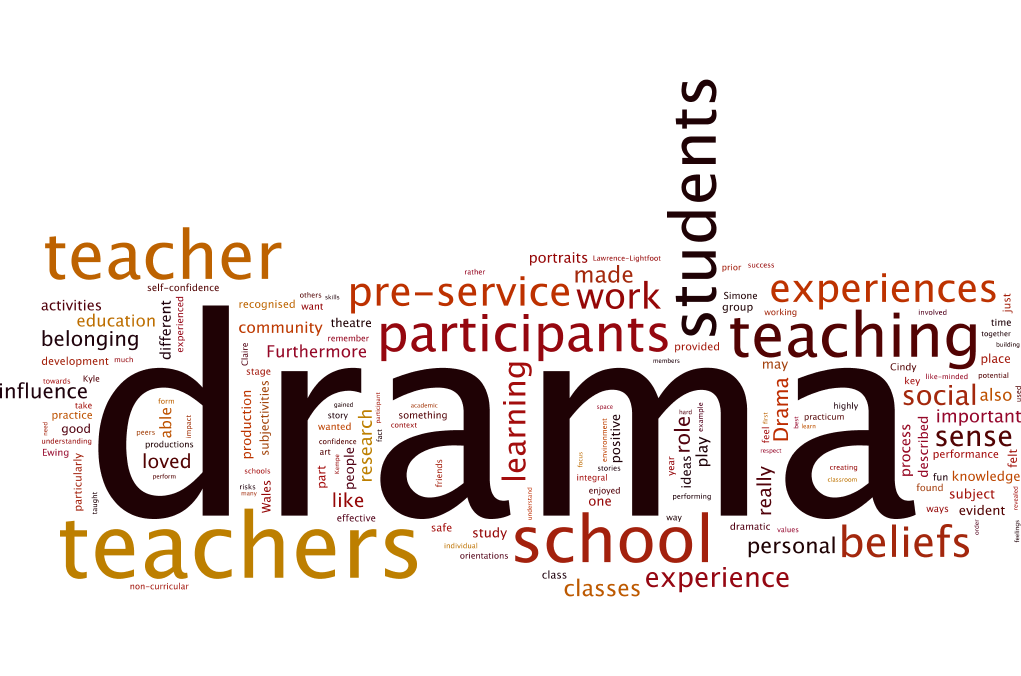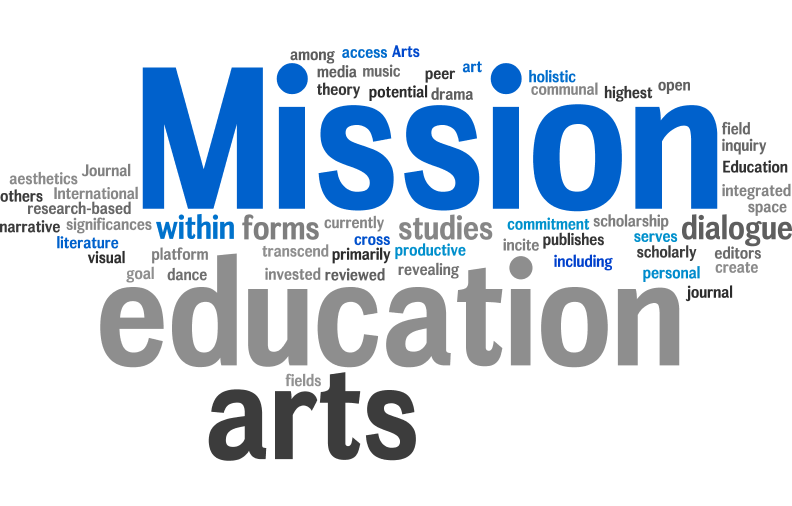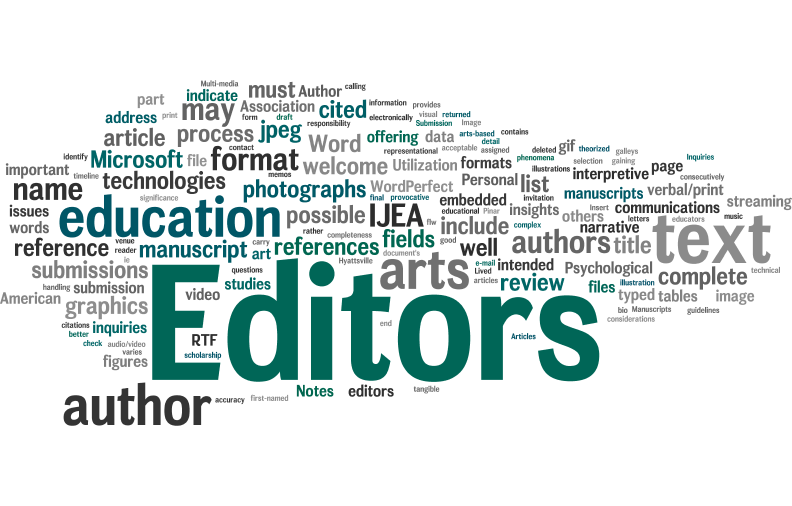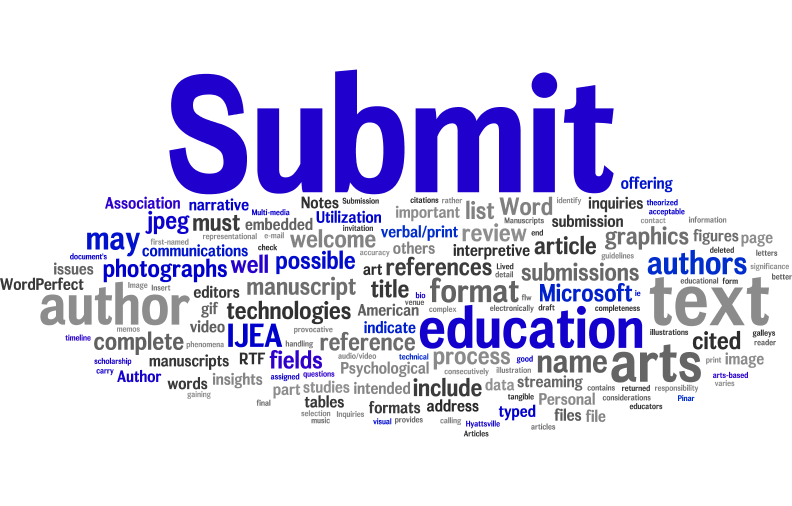| Volume 19 Number 10 | April 22, 2018 |
“I Felt That I Could Be Whatever I Wanted”: Pre-Service Drama Teachers’ Prior Experiences and Beliefs about Teaching Drama
Christina Gray
Edith Cowan University, Australia
Robin Pascoe
Murdoch University, Australia
Peter Wright
Murdoch University, Australia
Citation: Gray, C., Pascoe, R., Wright, P. (2018). “I felt that I could be whatever I wanted”: Pre-service drama teachers’ prior experiences and beliefs about teaching drama. International Journal of Education & the Arts, 19(10). Retrieved from https://doi.org/10.18113/P8ijea1910
Abstract
Pre-service drama teachers enter teacher training with established ideas and beliefs about teaching. These beliefs, based on experience, are informed by many hours spent in schools, and the pedagogies – both effective and ineffective – utilised by their teachers. This research explores the influence of some of these prior experiences on pre-service drama teachers’ beliefs about teaching drama, this being important in the way that not only shapes their practicum experiences, but also what will then influence their own teaching of drama. Individual interviews with four pre-service drama teachers revealed the complexity and dynamics of these participants’ lived experience with narrative portraits constructed as part of the process of inquiry. This process not only built on the ways that knowledge is constructed, and the beliefs and values that underscore these, but also how these are shared and made known. Three key beliefs emerged. First, drama both provides and creates a sense of belonging: belonging being key for students and integral to the work of drama teachers. Second, drama education can promote self-discovery and personal development, having therefore the potential to transform lives. Third, effective drama teachers are valued as hardworking, highly skilled professionals dedicated to bringing out their students’ potential. This paper emphasises the importance for pre-service drama teachers to be aware of how their beliefs and subjectivities both influence their own experiences, and consequently have influence over the ways they work with students in the drama space.
Visual Abstract





